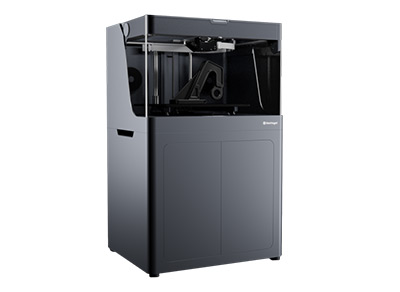Dùbh . 19, 2024 20:16 Back to list
HEPA Air Filters and CE Certification Standards for Quality Assurance
Understanding CE Certification in HEPA Air Filters
With the increasing concern over air quality, the demand for effective air purification solutions has surged. One of the most recognized technologies in air filtration is the HEPA (High Efficiency Particulate Air) filter. In Europe, the CE marking on these products has become a significant indicator of quality and safety. This article will delve into the importance of CE certification in HEPA air filters, the standards involved, and what consumers should consider when purchasing these air purification devices.
What is CE Certification?
CE certification is a mandatory marking for certain products sold within the European Economic Area (EEA). The CE mark signifies that a product meets EU safety, health, and environmental protection standards. By affixing the CE mark, manufacturers declare that their products comply with relevant EU regulations, which helps ensure consumer safety and product reliability.
Importance of CE Certification for HEPA Air Filters
1. Quality Assurance The presence of a CE mark on a HEPA air filter provides assurance to consumers that the product has undergone rigorous testing and meets EU standards. This is particularly crucial in the context of air purification, where effectiveness and efficiency are paramount. A certified HEPA filter is capable of trapping 99.97% of particles that are 0.3 microns in diameter, including dust, pollen, and smoke.
2. Safety Compliance HEPA air filters are often integrated into various appliances, including air purifiers and HVAC systems. CE certification ensures that these products not only perform effectively but also comply with safety standards that minimize risks to users. Compliance involves rigorous assessments of electrical safety, mechanical risks, and chemical exposure.
3. Environmental Considerations Many consumers today are more eco-conscious and prefer products that do not harm the environment. CE certification takes into account the environmental impact of products, ensuring that manufacturing and disposal processes adhere to sustainability practices. When a HEPA filter is CE certified, it gives consumers confidence that they are making responsible choices.
4. Market Access For manufacturers, CE certification is essential for accessing European markets. Without this certification, products cannot be legally sold within the EEA, limiting their reach and competitiveness. This regulation encourages manufacturers to adhere to high standards, promoting better products in the market.
Standards and Testing
ce certification air filter hepa

CE certification for HEPA air filters involves compliance with several directives and standards, including the Machinery Directive, Low Voltage Directive, and the Electromagnetic Compatibility Directive
. The process typically includes- Testing Products must undergo testing by an accredited third-party laboratory to verify their performance against the stipulated standards. - Documentation Manufacturers must prepare a technical file that includes test results, specifications, and user manuals, demonstrating compliance with EU requirements. - Declaration of Conformity Once a product passes all necessary tests, a Declaration of Conformity (DoC) is issued, allowing the manufacturer to place the CE mark on the product.
What Consumers Should Look For
As a consumer, it’s vital to understand what the CE mark represents. When shopping for HEPA air filters, consider the following tips
1. Check for the CE Mark Always look for the CE marking on the product and its packaging. This indicates that the product has been certified for safety and performance.
2. Research Manufacturer Credentials Make sure the manufacturer is reputable and has a history of compliance with safety standards. Look for reviews and feedback from other consumers.
3. Read Specifications Understand the specifications of the HEPA filter, particularly its filtration capabilities, efficiency, and maintenance requirements. Ensure that it is suitable for your intended use—whether in a home, office, or industrial setting.
4. Consider the Application Different environments require different air filtration solutions. Make sure the HEPA filter is designed to address the specific pollutants present in your area.
Conclusion
CE certification plays a crucial role in ensuring that HEPA air filters meet safety, quality, and environmental standards within the European market. For consumers, this certification is a vital indicator of product reliability and effectiveness. As air quality continues to be a pressing concern, choosing certified HEPA filters will not only enhance indoor air quality but also contribute to the overall well-being of individuals and families.
-
Premium Acrylic-Resin Air Filter Paper in Roll | High Efficiency
NewsAug.19,2025
-
PLAB-6 A B Two Compounds Filter End Cap Gluing Machine-Hebei Filter Man|Precision Gluing,Automated Production
NewsAug.18,2025
-
PLAB-6 A B Two Compounds Filter End Cap Gluing Machine - Hebei Filter Man Automotive Parts Trading Co., Ltd | Adjustable Gluing Parameters, Automated Precision
NewsAug.18,2025
-
PLAB-6 A/B Two Compounds Filter End Cap Gluing Machine-Hebei Filter Man|Precision Engineering&Efficiency
NewsAug.18,2025
-
Active Carbon Air Filter for Purifier: Superior Air Quality & Odor Removal
NewsAug.18,2025
-
PLAB-6 Gluing Machine-Hebei Filter Man|Precision Gluing,Automated Filtering
NewsAug.17,2025
